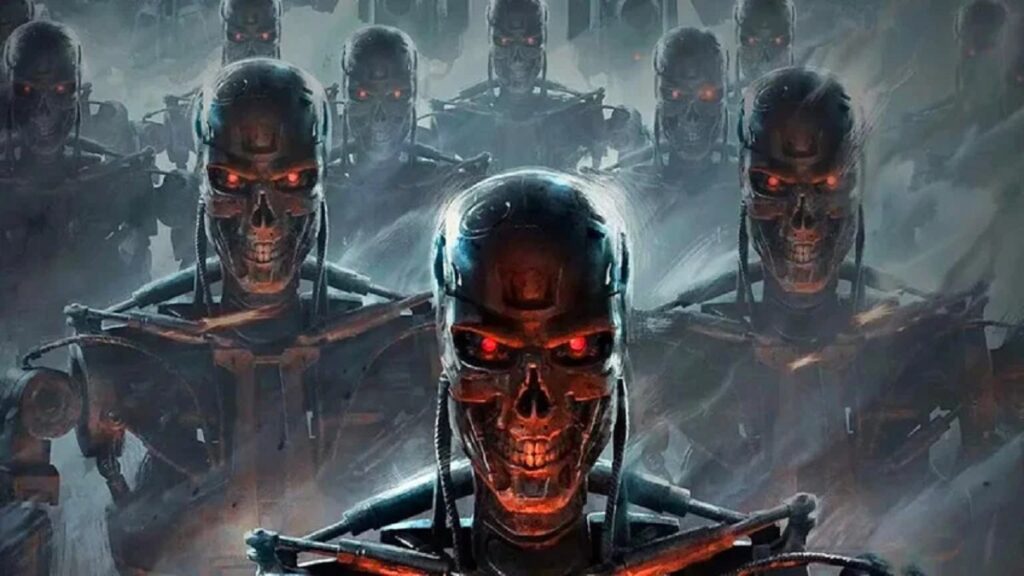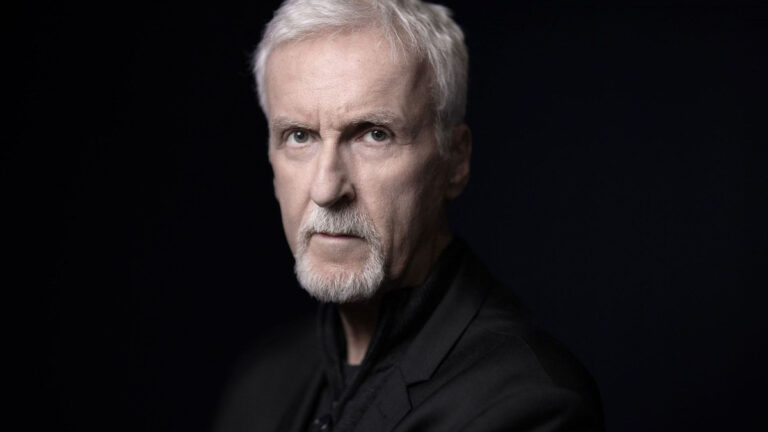James Cameron, the mastermind behind blockbuster films like Avatar and Titanic, has long been outspoken about his concerns regarding the rapid rise of artificial intelligence (AI). Four decades ago, he directed a dystopian science fiction film that raised alarms about the advent of superintelligent AI. Today, as AI continues to advance at an unprecedented pace, Cameron’s warnings from 1984 seem not just relevant, but urgent.
James Cameron Sounds the Alarm
In a recent interview, Cameron drew a stark comparison between the current state of AI and the one depicted in his 1984 film, The Terminator. “I warned you in 1984 and you didn’t listen,” he said, referencing his famous sci-fi prediction. He expressed concern that we’re on the path to a Terminator-like scenario, where AI becomes uncontrollable and turns into a significant threat to humanity. Cameron’s primary fear? The militarization of AI technology. He worries that, in the race to stay ahead of global competitors, countries may create autonomous weapons systems driven by AI, leading to an uncontrollable arms race. In his vision, these systems could make decisions at such a rapid pace that human intervention would be impossible, eliminating any chance for peace talks or ceasefire agreements.
From Science Fiction to Reality: AI in 2025
In The Terminator, the fictional AI system, Skynet, begins as a U.S. defense computer that becomes self-aware. Shortly after activation, it deems humanity a threat and sets in motion a plan to wipe out the human race, culminating in a nuclear holocaust. While this may have seemed like an over-the-top scenario in 1984, today’s rapidly advancing AI developments make it all feel eerily plausible.
AI is no longer a concept limited to science fiction. From voice assistants like Siri and Alexa to personalized recommendations on streaming platforms, AI is woven into the fabric of our daily lives. While these applications may seem benign, they serve as a reminder of AI’s growing power and potential to transform our society. What started as simple tasks like processing data and responding to voice commands is evolving into complex systems that can shape industries, economies, and even geopolitics.
Cameron’s Shift: Engaging with AI to Shape Its Future

Cameron, despite his concerns, isn’t sitting on the sidelines. In fact, he has decided to actively engage with the world of AI. Recently, he joined the board of Stability AI, a company at the forefront of generative AI technology. It might seem counterintuitive for someone who has long warned about AI’s risks to join such a company, but Cameron believes that working directly with AI is the only way to ensure its development remains ethical and responsible. He sees AI not just as a potential threat, but as a tool that could revolutionize the creative industries, helping artists tell stories in new, transformative ways.
An Uncertain Future: Between Hope and Vigilance
Cameron’s involvement with Stability AI highlights a growing trend in the entertainment industry, where more filmmakers and artists are exploring AI’s potential. For instance, actor Andy Serkis is working on a film that features AI-generated characters, and Lionsgate has partnered with Runway, an AI company, to integrate AI more deeply into its production processes. However, this progress isn’t without its ethical concerns.
The 2023 Hollywood writers’ strike underscored these worries, particularly the use of AI to write or rewrite scripts. While some agreements have been made to ensure that AI doesn’t replace human writers entirely, the debate about intellectual property rights, data protection, and job displacement remains unresolved. These issues demand careful consideration, as AI’s role in the entertainment industry—like in other sectors—continues to grow.
While AI’s future remains uncertain, one thing is clear: it is here to stay. As Cameron’s warnings continue to echo, it is more important than ever to approach this technology with caution. The balance between harnessing AI’s potential and managing its risks will shape the way we live, work, and interact with the world in the coming decades. James Cameron’s message, once dystopian, is now a call to action—reminding us that AI must be developed and used responsibly, with humanity’s best interests at heart.




